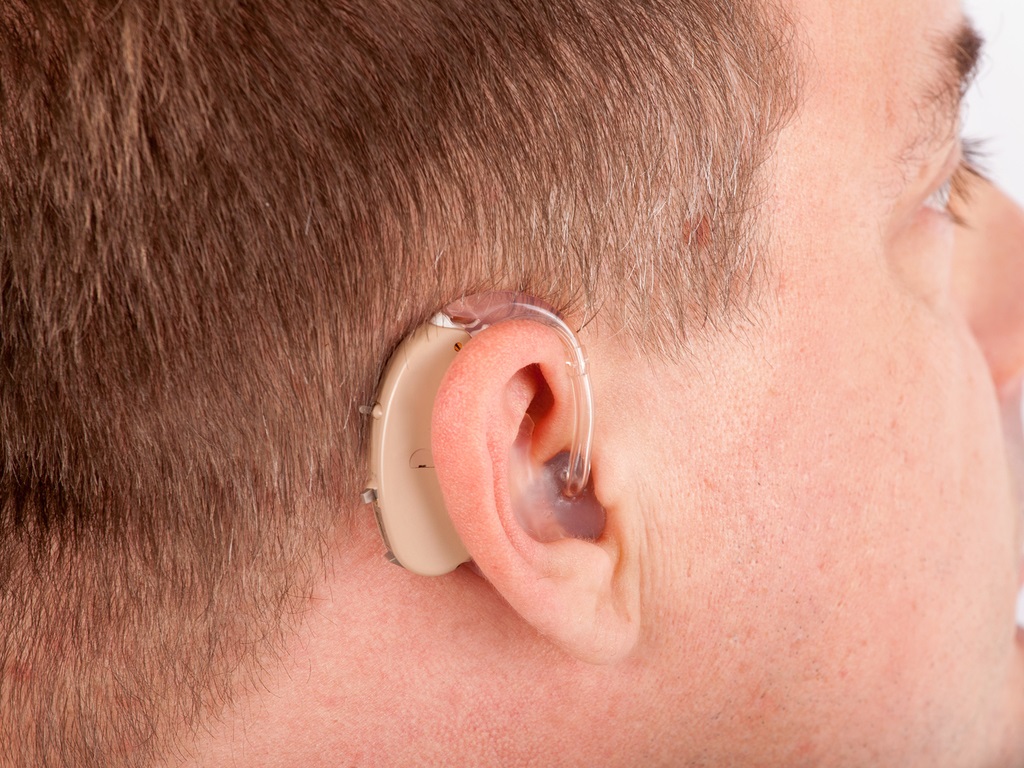Hearing is essential for communication, safety, and overall quality of life. However, exposure to loud noises, aging, infections, and poor ear care can lead to hearing loss over time. While some hearing damage is irreversible, taking preventive measures and adopting healthy habits can help protect your ears and improve overall ear health.
Limit Exposure to Loud Noises
One of the leading causes of hearing loss is prolonged exposure to loud sounds, whether from concerts, machinery, headphones, or traffic. To protect your hearing, lower the volume on electronic devices, use noise-canceling headphones, and wear ear protection in loud environments. If you find yourself in a noisy setting, taking breaks in quieter areas can help reduce strain on your ears.
Follow Safe Ear Cleaning Practices
Many people use cotton swabs to clean their ears, but this can push wax deeper into the ear canal and cause blockages or damage. Instead, let your ears clean themselves naturally or use gentle methods like ear drops or warm water to soften earwax. If you experience excessive buildup, a healthcare professional can safely remove it.
Keep Your Ears Dry to Prevent Infections
Moisture trapped in the ears can lead to bacterial or fungal infections, commonly known as swimmer’s ear. After swimming or showering, gently dry your ears with a towel and tilt your head to drain any excess water. If you frequently swim, using earplugs can help prevent water from getting trapped in the ear canal.
Give Your Ears Time to Rest
Continuous exposure to noise, especially at high volumes, can cause temporary or permanent hearing damage. If you attend a loud event or work in a noisy environment, giving your ears a break afterward allows them to recover. Spending time in quiet environments can help prevent long-term hearing issues.
Maintain a Healthy Lifestyle for Better Ear Health
Your overall health affects your hearing. A nutritious diet rich in vitamins and minerals, such as magnesium, potassium, and omega-3 fatty acids, supports ear function. Regular exercise improves blood circulation, ensuring your ears receive enough oxygen and nutrients. Avoiding smoking is also important, as smoking restricts blood flow to the ears and increases the risk of hearing loss.
Schedule Regular Hearing Check-Ups
Routine hearing tests can detect early signs of hearing loss, allowing for timely intervention. If you notice ringing in your ears (tinnitus), difficulty understanding conversations, or a need to increase volume levels, it may be time to visit an audiologist for a professional evaluation. Early detection can help prevent further damage and improve hearing outcomes.
Protecting your hearing requires preventive care, healthy lifestyle choices, and regular check-ups. By reducing exposure to loud noises, practicing safe ear cleaning, and maintaining overall well-being, you can preserve your hearing for years to come. If you experience persistent ear pain, hearing loss, or discomfort, consulting a healthcare professional can help address any concerns before they worsen.

